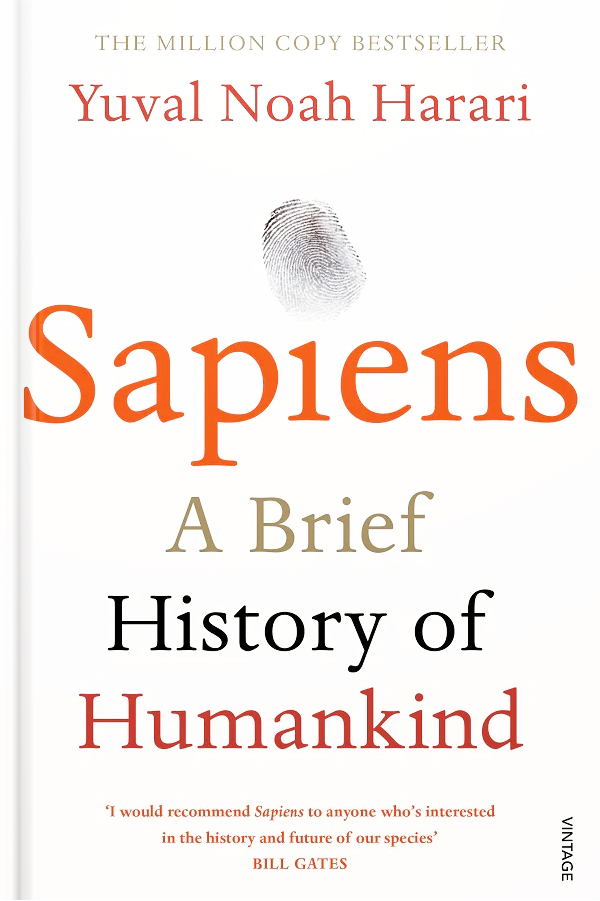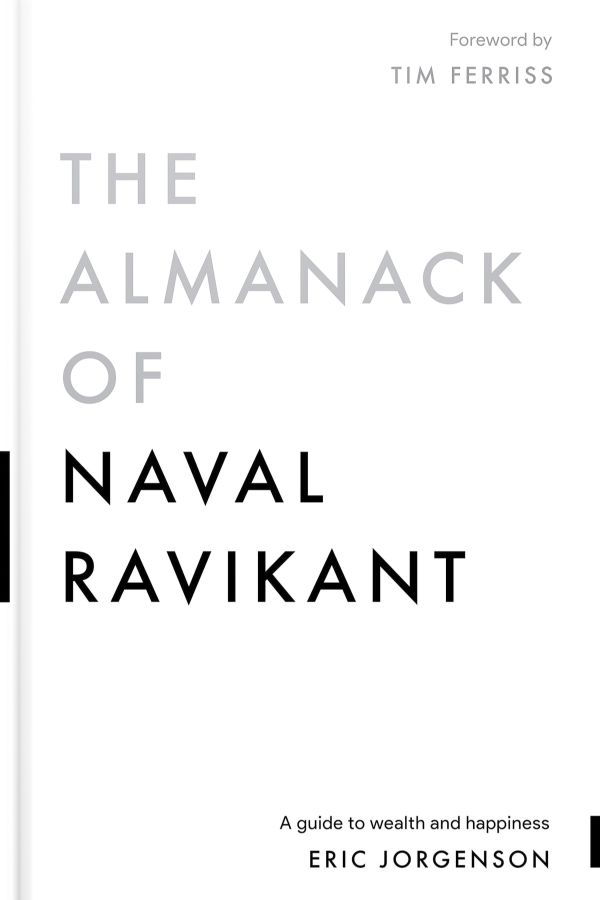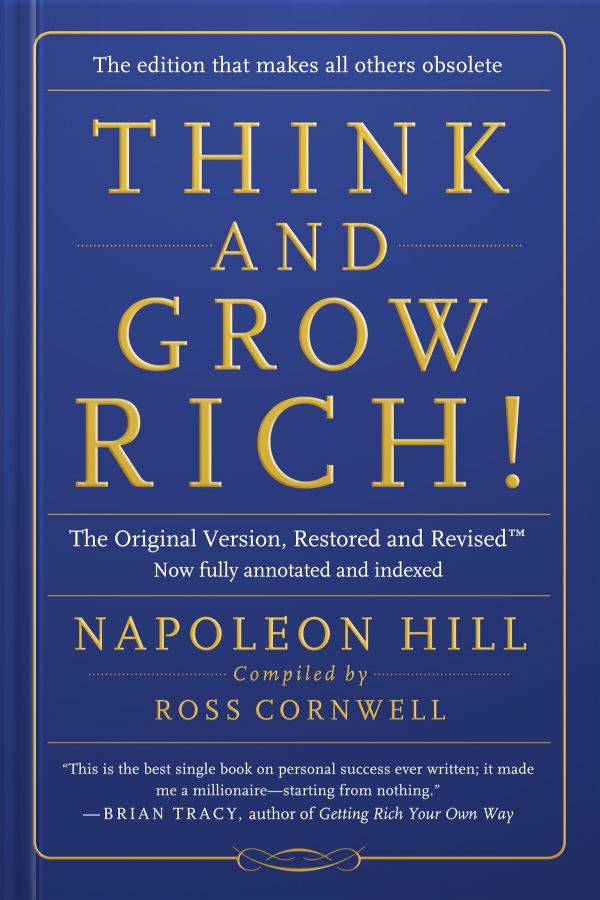
Psychology
Sapiens by Yuval Noah Harari
1. The Power of Belief
"Sapiens" propounds the immense influence belief systems have on human behavior.
Unlike a monkey, humans can be persuaded with promises of future rewards.
As Harari quips
“You could never convince a monkey to give you a banana by promising him limitless bananas after death in monkey heaven.”
This highlights our unique ability to create and accept complex societal structures and future promises.
2. The Reliance on Experts
In the modern world, we are highly dependent on the expertise of others.
Harari points out:
“You need to know a lot about your own tiny field of expertise, but for the vast majority of life’s necessities, you rely blindly on the help of other experts.”
It's an intricate web of reliance that allows our society to function efficiently, though it renders us individually less self-reliant.
3. The Quest for Happiness
Harari criticizes the common misconception that external factors determine happiness.
“Money, social status, plastic surgery, beautiful houses, powerful positions – none of these will bring you happiness,” he asserts.
True contentment, as per Harari, stems from inner peace and acceptance.
4. The Allure of Romanticism
The book suggests that romanticism advocates for diverse experiences to fulfill human potential.
As he says:
“Romanticism tells us that in order to make the most of our human potential we must have as many different experiences as we can.”
It is a perspective that encourages curiosity, exploration, and a quest for novelty.
5. The Role of Gossip
Harari intriguingly posits that a significant part of human communication revolves around gossip.
He states:
“The vast majority of human communication – whether in the form of emails, phone calls or newspaper columns – is gossip.”
This innate tendency reflects our social nature and the importance of interpersonal relationships.
6. Money – A System of Trust
According to Harari, money is "the most universal and most efficient system of mutual trust ever devised."
It is a powerful tool that facilitates transactions and underpins economic growth, exemplifying the human capacity to create and accept abstract concepts.
7. The Trap of Luxury
The author points out that once luxuries become commonplace, they transform into necessities.
Harari warns
“Once people get used to a certain luxury, they take it for granted. Then they begin to count on it. Finally they reach a point where they can’t live without it.”
This reveals our adaptive nature but also cautions against the pitfalls of overconsumption.
8. The Evolution of Human Abilities
As humans evolved, so did their skills and capabilities.
“The more things these hands could do, the more successful their owners were,” Harari observes.
This illustrates our adaptive evolution and the importance of versatility and creativity in human survival and progress.
9. Consumerism and Frugality
"Sapiens" sheds light on the forces that drive our consumption patterns.
Harari states:
“Consumerism has worked very hard… to convince people that indulgence is good for you, whereas frugality is self-oppression.”
This commentary exposes the mechanisms of our consumerist society, encouraging reflection on our spending habits.
10. Embracing Transient Joy
Harari advocates experiencing joy without clinging to it in the quest for enduring happiness.
He beautifully muses
“There can actually be richness in the sadness. If you experience joy without craving that the joy linger and intensify, you continue to feel joy without losing your peace of mind.”
It's a call for mindfulness and acceptance of life's impermanence.
11. The Purpose of Studying History
The book emphasizes that understanding history broadens our perspectives and highlights the impermanence of our present circumstances.
Harari asserts
“We study history not to know the future but to widen our horizons.”
It's a lesson about appreciating the past to comprehend future possibilities.
12. The Paradox of Knowledge
While collective human knowledge has exponentially grown, Harari concludes that ancient foragers were the most knowledgeable individuals in history.
He states:
“The human collective knows far more today than did the ancient bands. But at the individual level, ancient foragers were the most knowledgeable and skillful people in history.”
This comparison provides food for thought about balancing collective advancement and individual skill.
"Sapiens" is a treasure trove of insights into humanity's evolution. It invites us to critically examine our beliefs, behaviors, and society, providing a new lens to understand our past, present, and future.









































